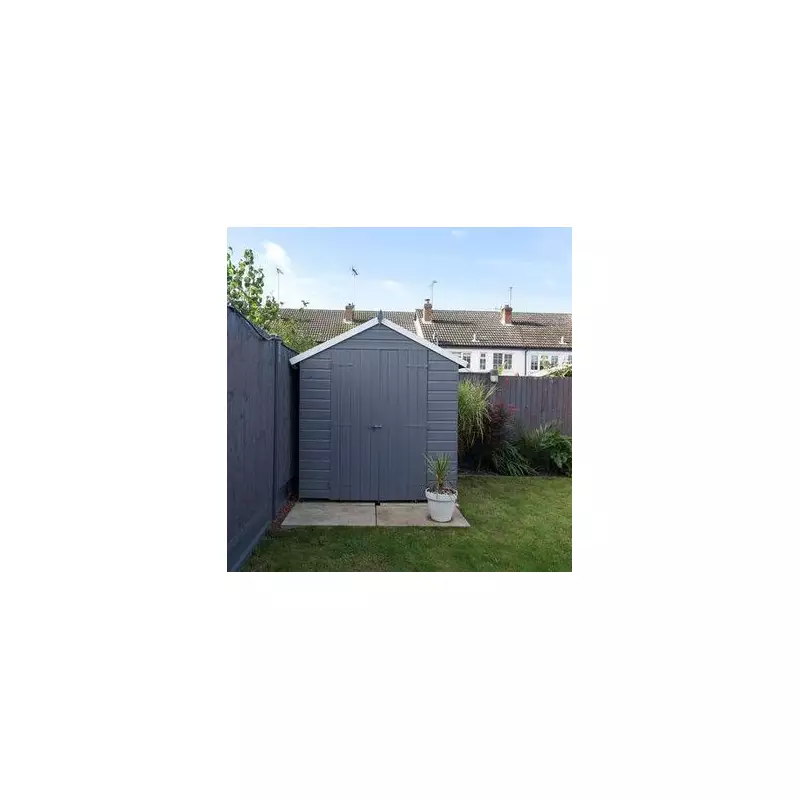
Homeowners across the UK are being issued a stark warning this summer: a popular garden watering technique could see you slapped with a staggering £1,000 fine. As temperatures rise, many are unaware they are breaking strict hosepipe bans still in force with several water companies.
The alert specifically targets those using a 'hose pipe' to tend to their gardens, fill paddling pools, or wash their cars. Despite recent rainfall, official restrictions remain in place for millions, particularly for customers of Thames Water and Southern Water.
What Exactly Is Banned?
The rules are clear and surprisingly broad. Under the terms of a Temporary Use Ban (TUB), you cannot use a hosepipe that is connected to the mains water supply for:
- Watering a garden or plants
- Cleaning a private vehicle, including cars, vans, and caravans
- Filling a domestic swimming or paddling pool
- Cleaning walls, windows, or patios
- Recreational use, like water fights
What ARE You Allowed To Do?
It's not all bad news for your prized petunias. The ban has some key exceptions. You are permitted to use a hosepipe if:
- You are watering a new lawn within 28 days of it being laid.
- You are using it for commercial purposes, such as running a plant nursery or a car wash business.
- You are filling a pool that is designed for medical treatment.
- You are drawing water from a private water source, like a rainwater butt or a well, not the mains supply.
How Are The Rules Enforced?
While a water company employee cannot enter your garden to check, they can act on reports from neighbours or visual evidence from a public space. If found to be in breach of the ban, you are committing a criminal offence. Prosecution in a magistrates' court could lead to a fine of up to £1,000.
Water companies are urging customers to be mindful of their usage and report any suspected breaches to help manage precious resources during drier periods. The message is clear: know the rules, save water, and save your wallet from a hefty penalty.





